
As of mid-2025, the landscape of international mobility is more competitive than ever, as highlighted by the latest Henley Passport Index. This year's report underscores the impact of expanding visa-waiver programs, evolving geopolitical dynamics, and proactive diplomatic efforts on global travel freedom.
Overview of the Top Passports
The global average passport allows access to 109 destinations, but the most powerful passports offer far greater advantages. Based on Henley’s July 2025 findings, the following countries boast the highest-ranking passports:
1. Singapore
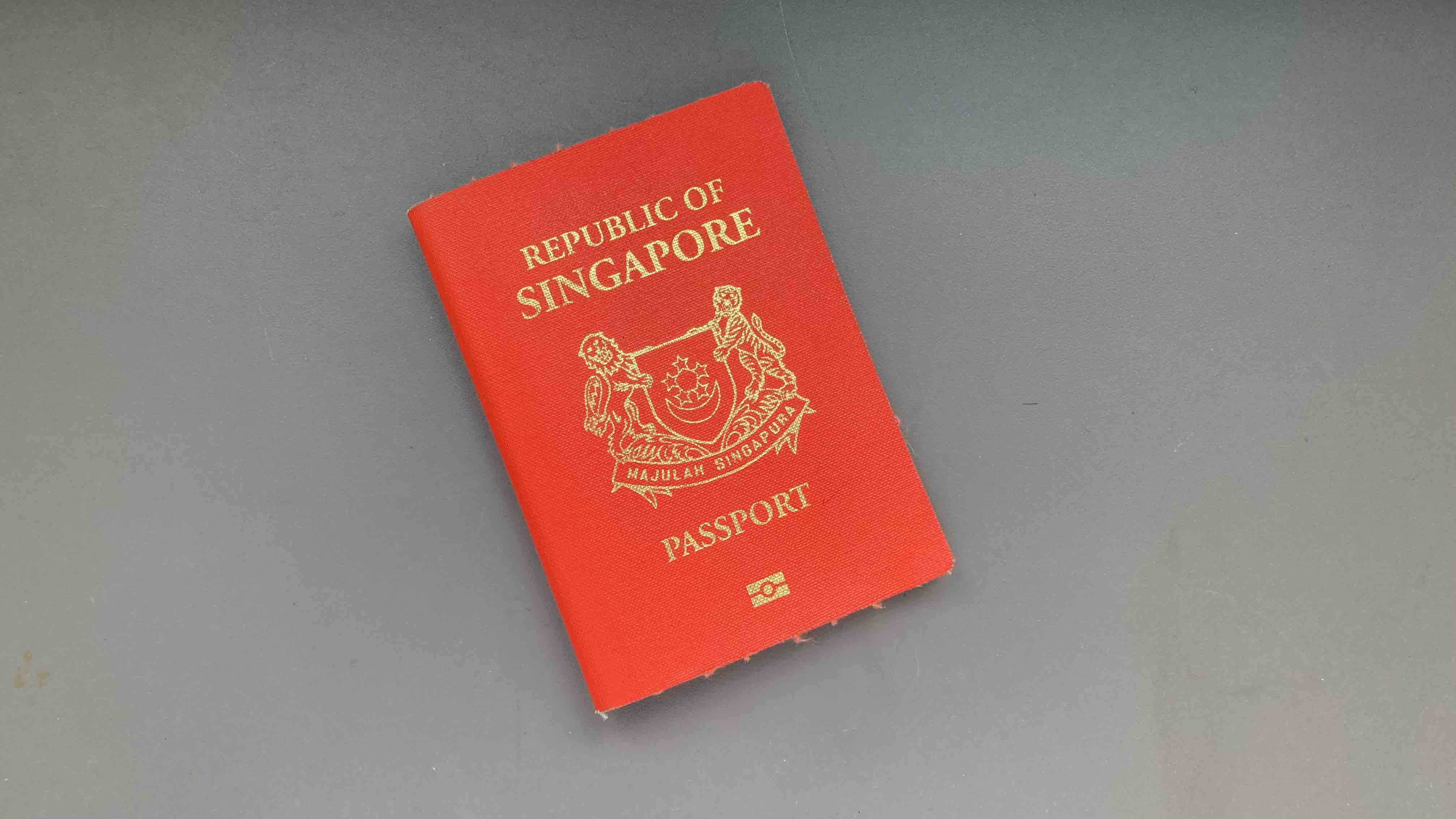
Singapore continues to lead the pack with its passport granting access to 193 destinations without requiring prior visas. The nation’s success stems from its strategic diplomatic initiatives and a stable economic environment, which have been pivotal in securing travel freedoms for its citizens. Singapore's Foreign Ministry has been proactive in fostering mutual visa waivers and strengthening diplomatic ties globally, allowing its citizens to enjoy seamless travel across continents.
2. Japan
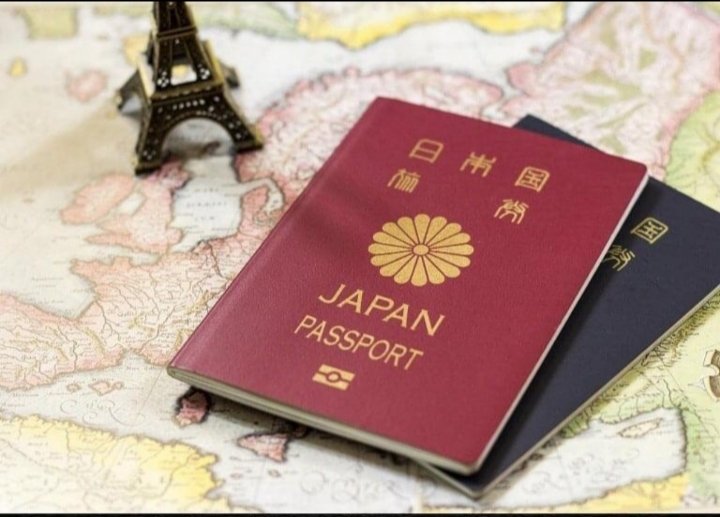
Japan shares the second position, offering visa-free or visa-on-arrival access to 190 destinations. The Japanese government actively pursues bilateral visa-waiver agreements, particularly focusing on Latin America and Southeast Asia to enhance travel mobility. In 2025, Japan expanded its agreements to include countries like Brazil and Vietnam, showcasing its commitment to increasing international connectivity. Japan’s passport is further strengthened by its low overstay rates and high document integrity.
3. Denmark
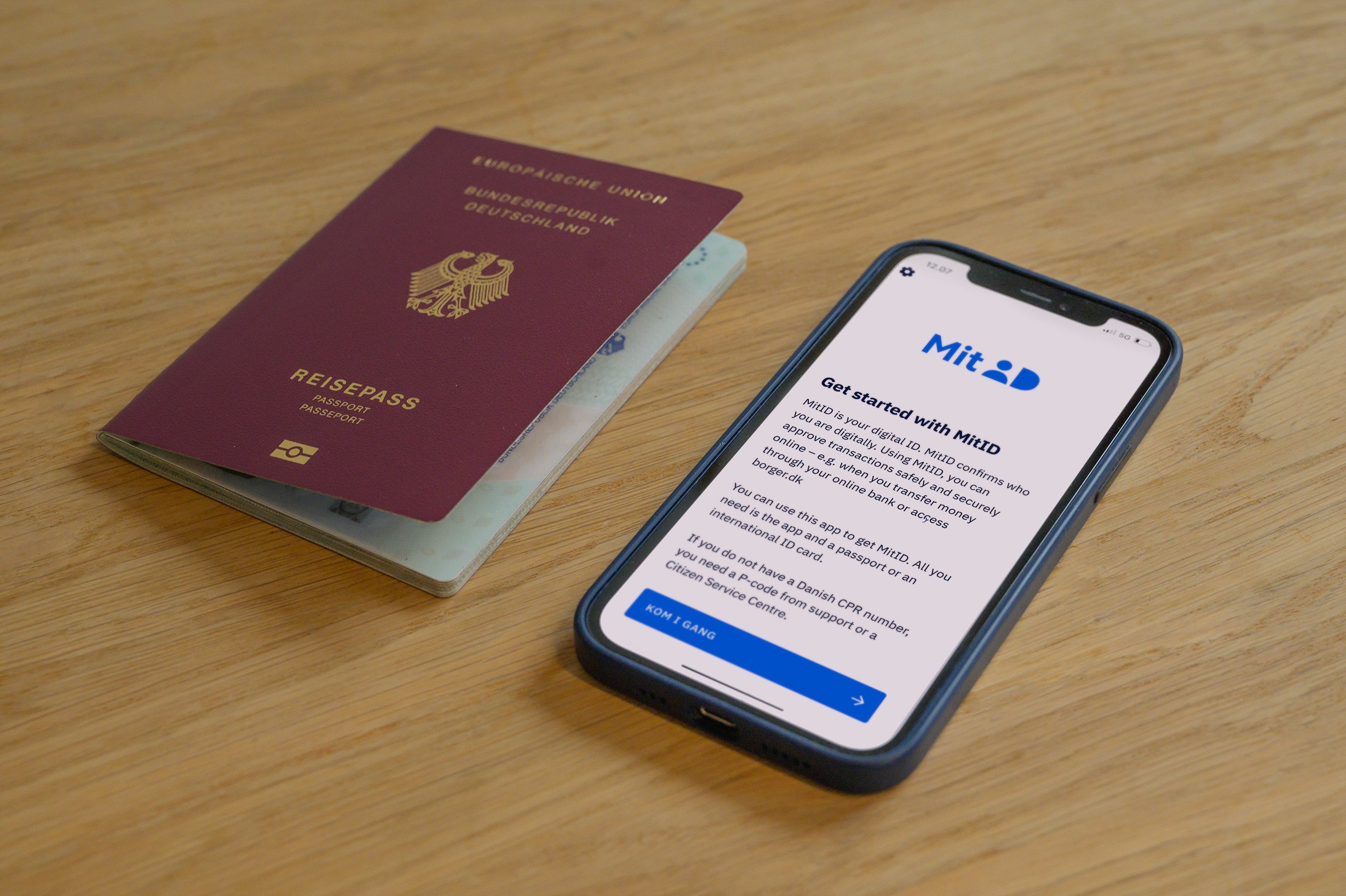
Denmark ranks third, allowing its citizens to travel to 189 destinations with ease. The Danish government's extensive network of over 60 reciprocal visa-exemption treaties, complemented by its Schengen membership, bolsters its passport's strength.
Denmark has recently signed new agreements with Caribbean nations and Central Asian states, enhancing travel opportunities for its citizens. The country’s robust governance and clear immigration policies are key factors in maintaining its strong mobility ranking.
4. Austria
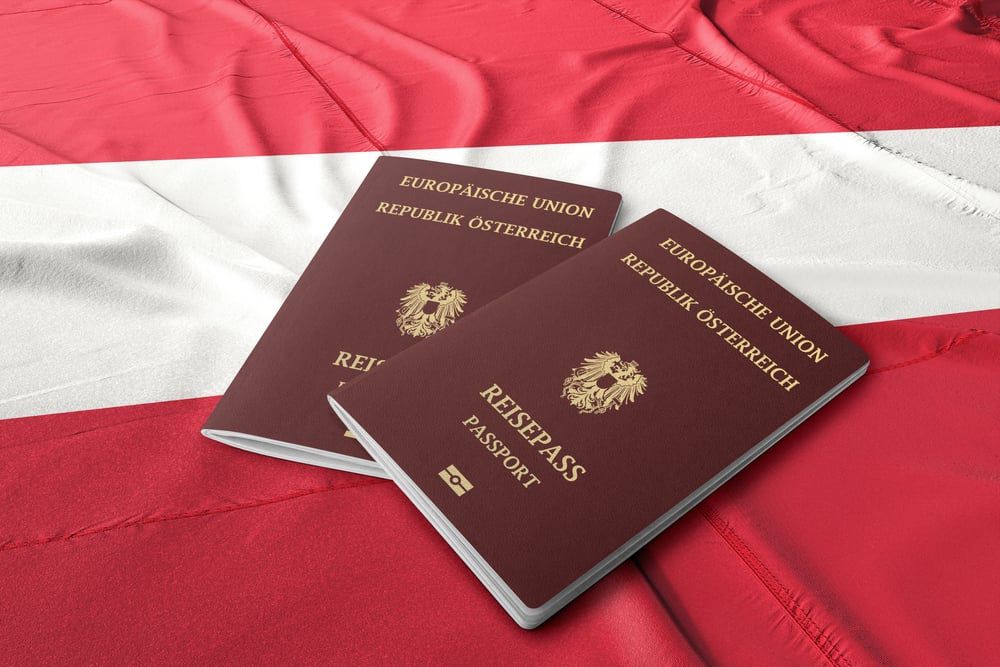
In fourth place, Austria provides access to 188 destinations. Utilizing its neutral stance in international diplomacy and active participation in the Schengen Zone, Austria negotiates favorable visa agreements, especially with countries in Africa and South America. The Austrian passport features advanced biometric security, and the country is known for its comprehensive diplomatic assistance, which helps its citizens navigate international travel with ease.
5. Greece
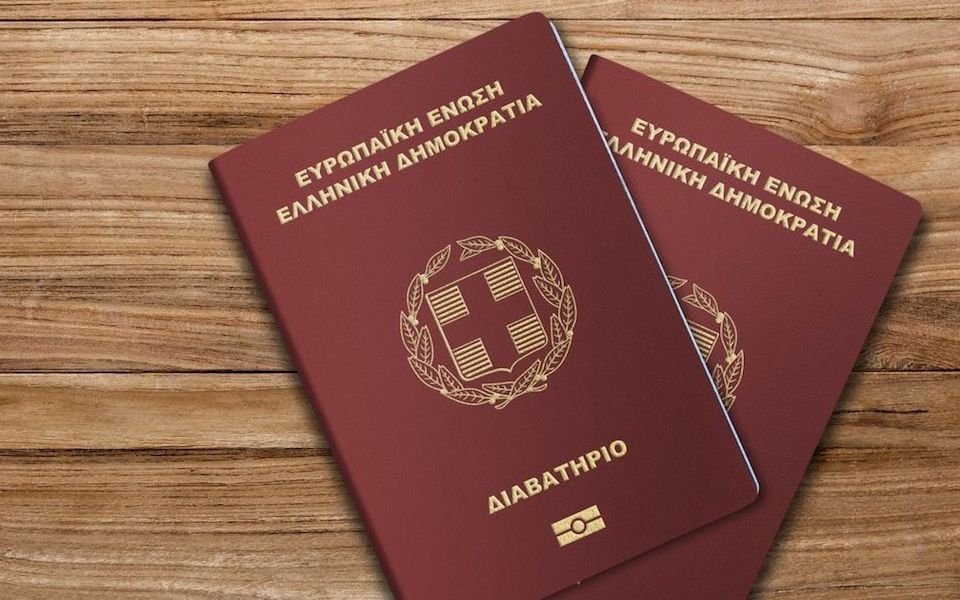
Greece holds the fifth spot, enabling its citizens to visit 187 destinations without pre-arrival visas. The country’s EU membership and its strategic Mediterranean location facilitate the expansion of visa-waiver agreements.
In 2025, Greece added new agreements with several Pacific and Central American nations to its portfolio. The Greek Tourism Organization works closely with the Foreign Ministry to promote these travel freedoms, leveraging Greece's cultural diplomacy to enhance global mobility.
6. United Kingdom
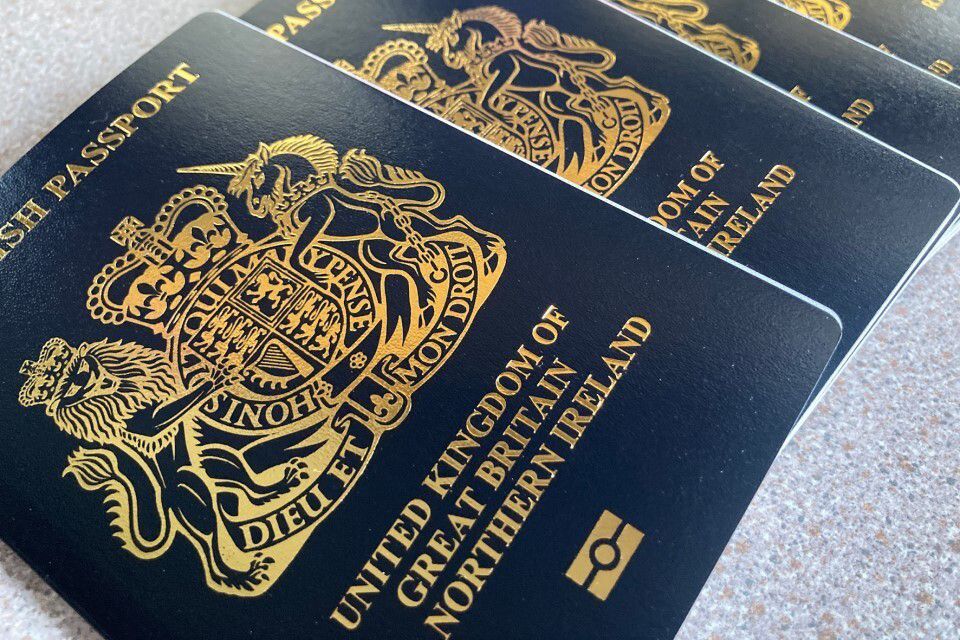
The United Kingdom ranks sixth, with access to 186 destinations without needing pre-departure visas. Despite the complexities following Brexit, the UK effectively utilizes its Commonwealth connections to maintain robust travel freedoms.
The Foreign, Commonwealth & Development Office (FCDO) is continually working on expanding reciprocal visa-waiver agreements, recently securing enhanced access for its citizens to Gulf Cooperation Council members, which has been vital for business and tourism.
7. Australia
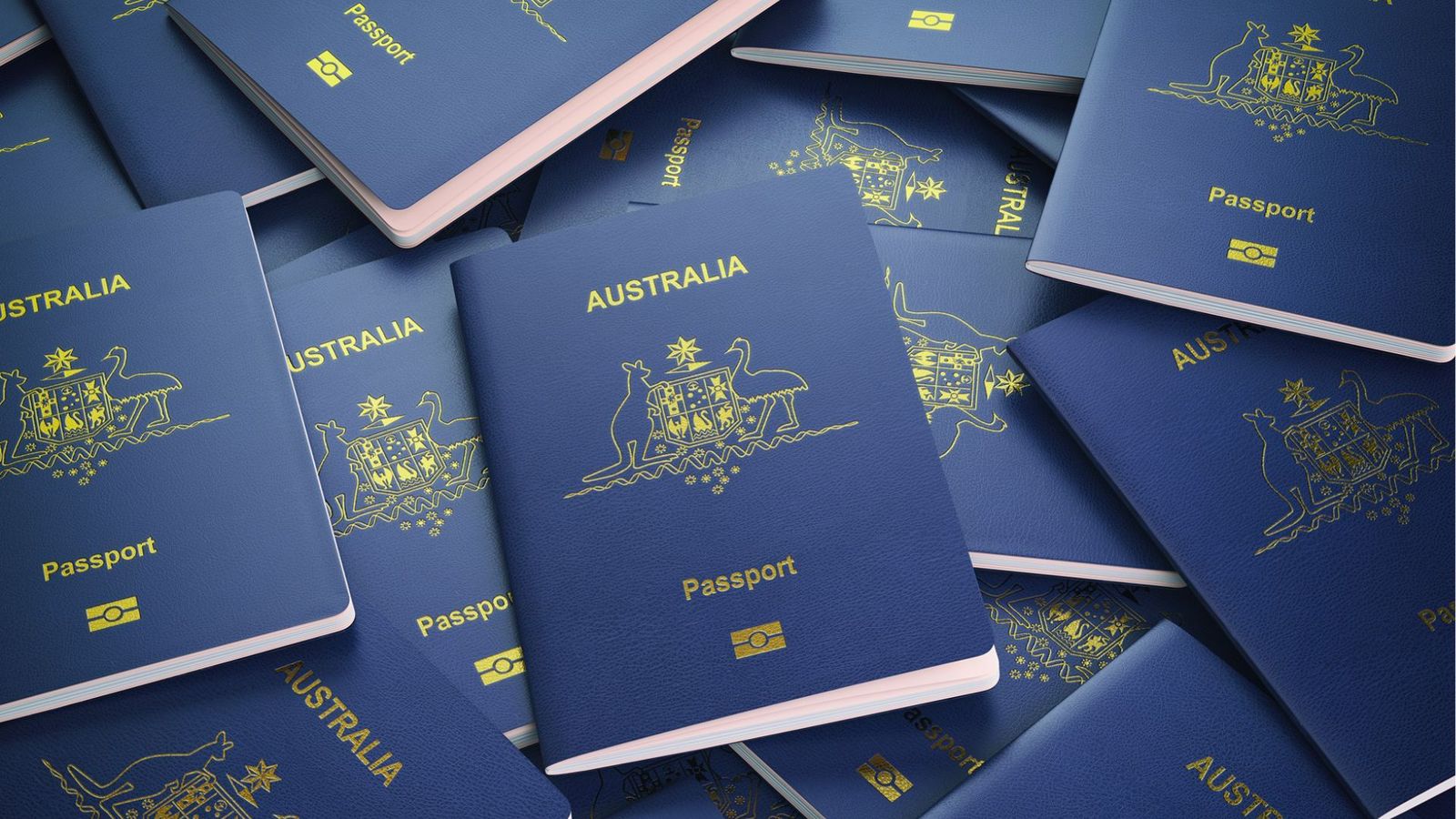
Australia comes in seventh place, offering access to 185 destinations. The Department of Foreign Affairs and Trade actively promotes travel through bilateral agreements and APEC Business Travel Cards, enhancing its citizens' mobility.
Australia’s image as an open, globally connected nation is reinforced through various tourism campaigns that highlight these travel freedoms. The country’s high passport security standards and low overstay rates further support its strong position in the rankings.
8. United Arab Emirates
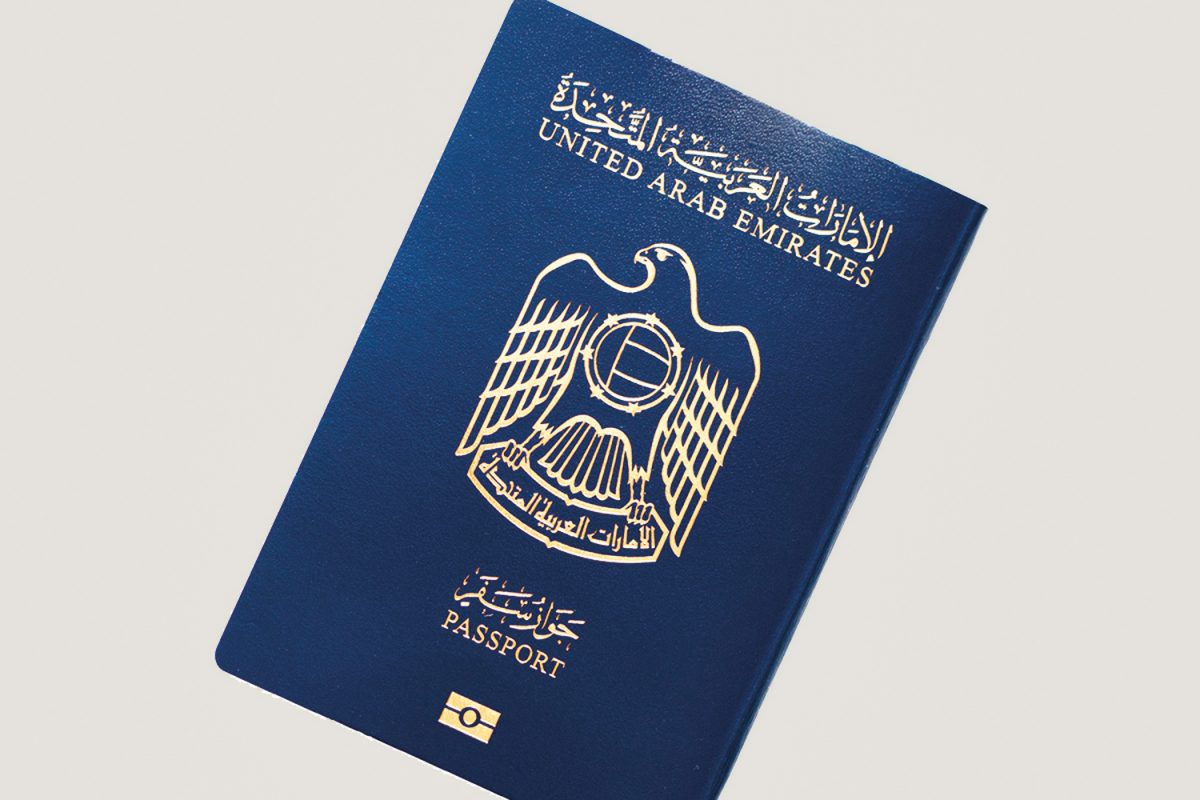
The UAE occupies eighth place, providing its citizens with access to 184 destinations visa-free or with on-arrival options. Since 2015, the UAE has secured over 40 new visa-waiver agreements, showcasing its commitment to expanding travel privileges. The UAE’s proactive diplomatic efforts have resulted in recent agreements with numerous African and Latin American countries, contributing to its rapid rise in the passport rankings.
9. Croatia

Croatia ranks ninth, allowing citizens to travel to 183 destinations easily. The country’s entry into the Schengen Zone in 2023 significantly improved its passport power by facilitating new visa-exemption agreements, particularly with Southeast Asian nations. The Croatian government actively promotes its tourism and cultural heritage, enhancing its diplomatic outreach and encouraging more bilateral agreements.
10. Iceland

Rounding out the top ten, Iceland offers access to 182 destinations. As a member of the Schengen Area, Iceland benefits from enhanced mobility rights and actively negotiates additional bilateral agreements through the Ministry of Justice and the Interior. Iceland's reputation for political neutrality, along with its secure biometric passports, supports its strong global standing, making it a favorable passport for international travelers.
Insights into Ranking Methodology
The Henley Passport Index is built on data sourced from IATA’s Timatic database, which compiles visa regulations from governmental and embassy announcements. The index evaluates only those destinations that permit visa-free entry or visa-on-arrival access, excluding electronic visas and pre-departure applications. This focus provides a clear snapshot of immediate travel freedom.
The 2025 rankings emphasize the critical role of diplomatic relationships, regional integration, and strategic outreach in shaping passport power. As global travel continues to rebound and evolve post-pandemic, these rankings serve as a vital benchmark for assessing the mobility opportunities available to citizens around the world.
The United States, while still within the top ten, has seen a decline in its ranking, marking its lowest position in two decades. This shift underscores the growing competition in passport strength and the need for ongoing diplomatic efforts to maintain travel freedoms.

.jpg)
 (1).jpg)


.jpg)





.jpg)

.jpg)
.jpg)

.jpg)


.jpg)
.jpg)
.jpg)

.jpg)





.jpg)

.jpg)
.jpg)
.jpg)
.jpg)


.jpg)

 (1).jpg)
.jpg)

.jpg)
.jpg)

.jpg)




 (1).jpg)
 (1).jpg)
.jpg)


.jpg)
.jpg)